Current Section: model
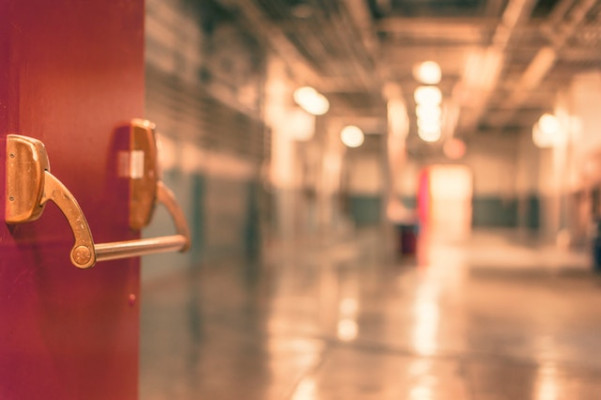
Lesson Rulings Connected to Epidemics
It is permissible to use vaccines as a preventative measure. It does not negate having reliance upon Allah, due to the statement of the Prophet ﷺ in an authentic narration: «Whoever eats seven 'Ajwa dates every morning, will not be affected by poison or magic on the day he eats them » (Al-Bukhari, 5445, Muslim, 2047). This falls under the concept of repelling trials before they occur.
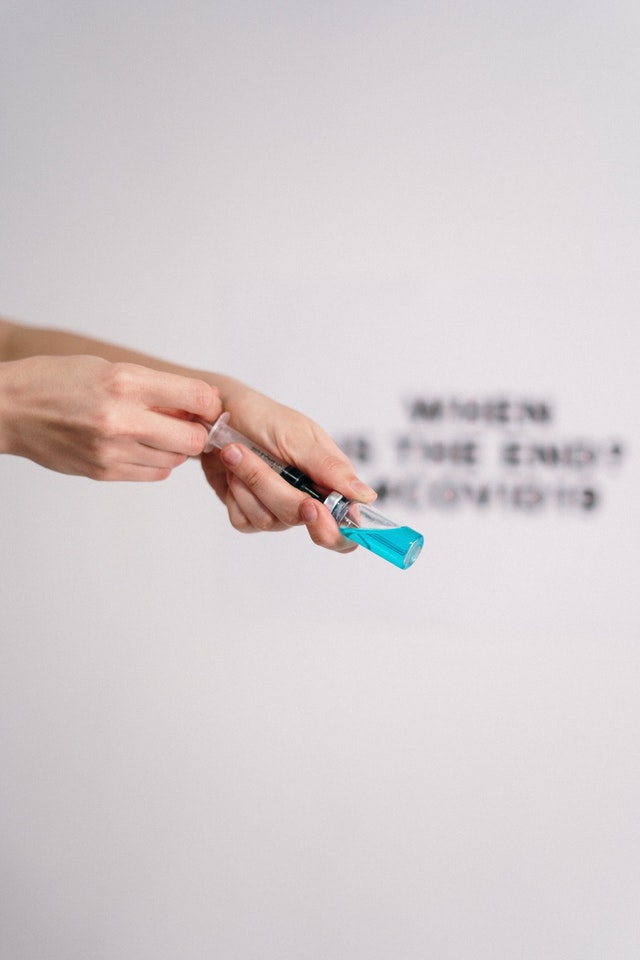
The legislation has encouraged the separation of sick people and those who are healthy. The Prophet ﷺ said: «Do not put a sick person with a healthy person.» (Al-Bukhari, 5771, Muslim, 2221)
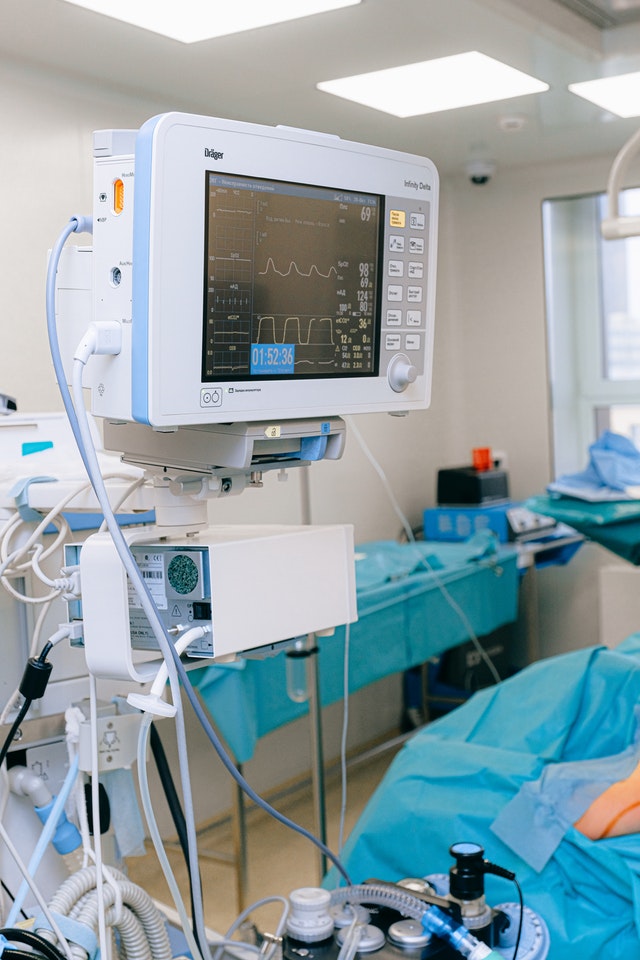
Therefore, he avoids going to the person infected with the infectious disease. However, his family can visit him and ask about his condition and supplicate for him and help him with his medicine, money, and so on while taking measures to prevent the spread of the disease.
It is not permissible to enter or leave a place in which there is a plague, and this is evidenced by the narration of Abdur Rahman ibn Awf (may Allah be pleased with him), that the Prophet ﷺ, said: «If you hear of it in a land, do not approach it, and if it falls on a land while you are in it, do not leave to escape from it.» (Al-Bukhari, 5729, Muslim 2219). This is what the majority of scholars are upon: it is not permissible to travel to a country where such an epidemic has occurred or leave it to escape from the disease.

The congregational prayer is obligatory for men, but scholars have mentioned that the obligation is removed due to the presence of a legitimate excuse, and this is shown by the narration of Aisha (may Allah be pleased with her) when the Prophet ﷺ fell ill and failed to pray with the Muslims and said: «Tell Abu Bakr to lead the people in prayer.» (Al-Bukhari 664, Muslim 418). This indicates that if a Muslim is excused by illness or an apparent hardship, then it is permissible for him to leave the congregation in the mosque and pray on his own.

A Muslim should make a place of prayer at home for the obligatory prayers if it is missed (in the mosque) with a valid excuse and the supererogatory prayers. This is from the guidance of the Prophet ﷺ. In the hadith of Itban bin Malik (may Allah be pleased with him), narrated by Muslim, he mentioned to the Prophet ﷺ that he was blind and when the rainwater falls in the valley which was between him and his people, it prevents him from praying with them. So he asked the Prophet ﷺ to visit him in his house and pray in it. So that he could take the place where the Prophet prays ﷺ as a place of prayer, the Prophet ﷺ came and prayed two rak'ahs in his house.

Likewise, Maimouna (may Allah be pleased with her) had a mosque in her house, and Ammar bin Yasir had a mosque in his house. We should take advantage of these calamities and have mosques in our homes.
Congregational prayer begins at home when it is not possible to perform it in the mosque, and the reward for the congregation is achieved through it. A group of the Prophet's companions established the congregation in their homes like Ibn Masood, Anas (may Allah be pleased with both of them), and others whenever they missed praying with the imam.
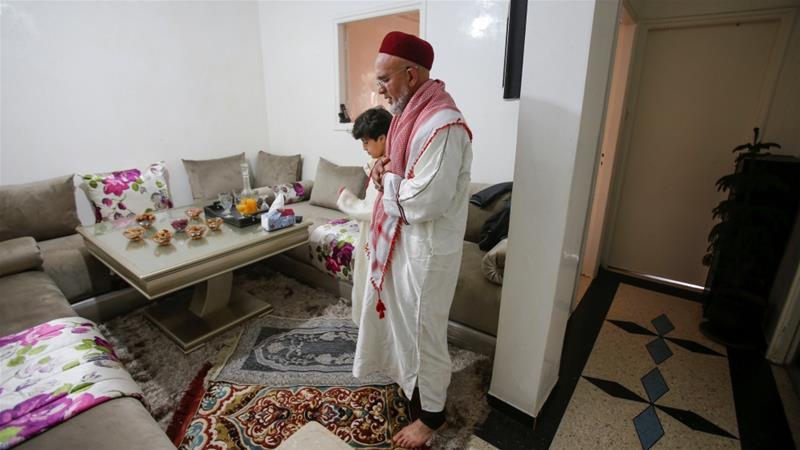
When you pray in a congregation at home, the owner of the house is the most deserving to lead the prayer. If he does not step forward to lead, then the one who knows most Quran. If they are equal in that, then the one who knows the most about the rulings of the prayer. If they are equal in that too, then the oldest person.
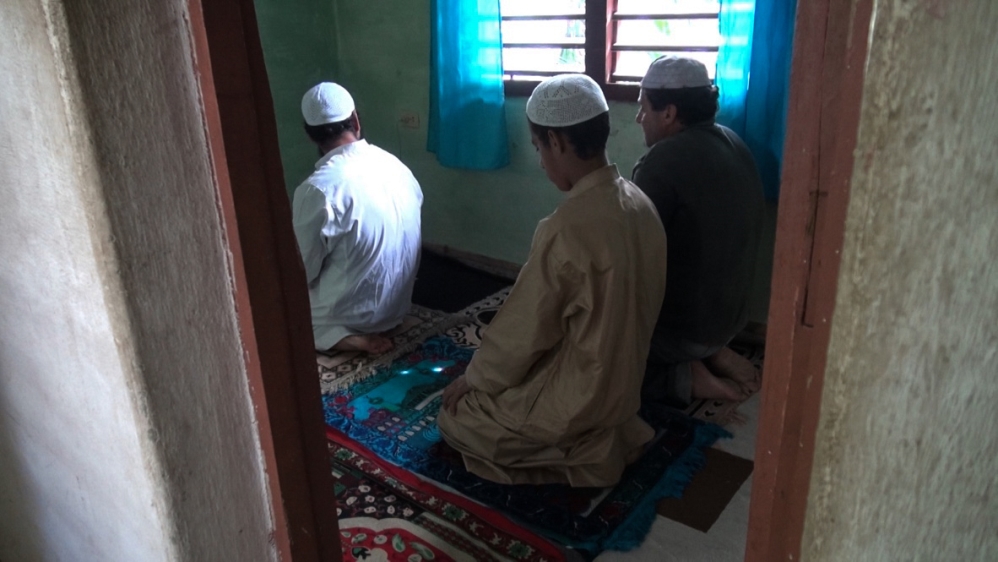
If a Muslim prays in his house, and the one who prays behind him is male, then the Sunnah is for him to stand on his right if there is one person. If there are more, then the Sunnah is for them to stand behind him, and if the person praying behind is female, then the Sunnah is for her to be behind. When there are both men and women praying behind, then the men pray behind the imam and the women pray behind all of them.

These calamities are an excellent opportunity for us to teach the family how to pray and its conditions, the ruling of purification and what that entails, and to advise each other.

It is recommended that women pray in congregation at home. That is affirmed by Umm Waraqa and Aisha (may Allah be pleased with them). Their congregational prayer has excellent virtue and reward from Allah, and the one leading them should stand in the middle of the row.
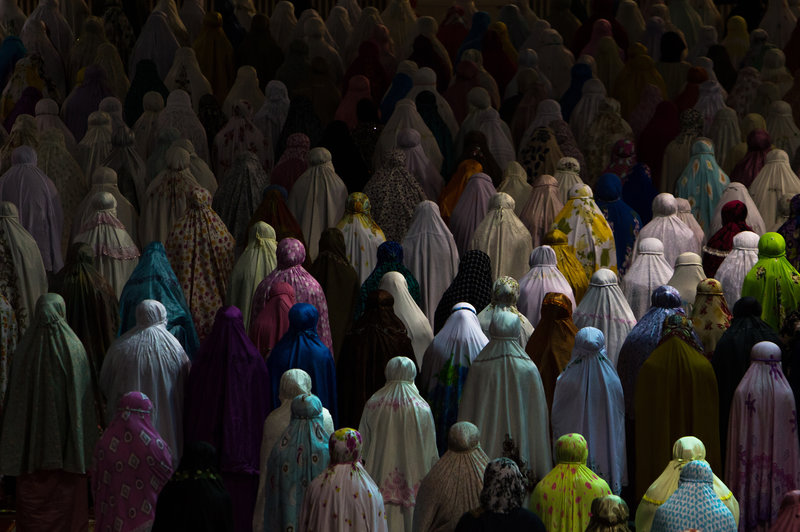
It is forbidden for the afflicted with an epidemic to attend the gatherings of people due to the harm this will cause people, as Allah says: (As for those who abuse believing men and women1 unjustifiably, they will definitely bear the guilt of slander and blatant sin.)[Al-Ahzab:58]

An established legal principle is that there is no harm to be done to others or received from others. Therefore, it is not permissible for a person with this disease to mix with healthy people. The Prophet ﷺ said: «A sick person should not be taken to a healthy person.»(Al-Bukhari 5771, Muslim 2221).
It is disliked to cover the mouth during the prayer. The Prophet ﷺ forbade that; however, when there is a need or fear of harm from a contagious disease, then a face mask can be worn.
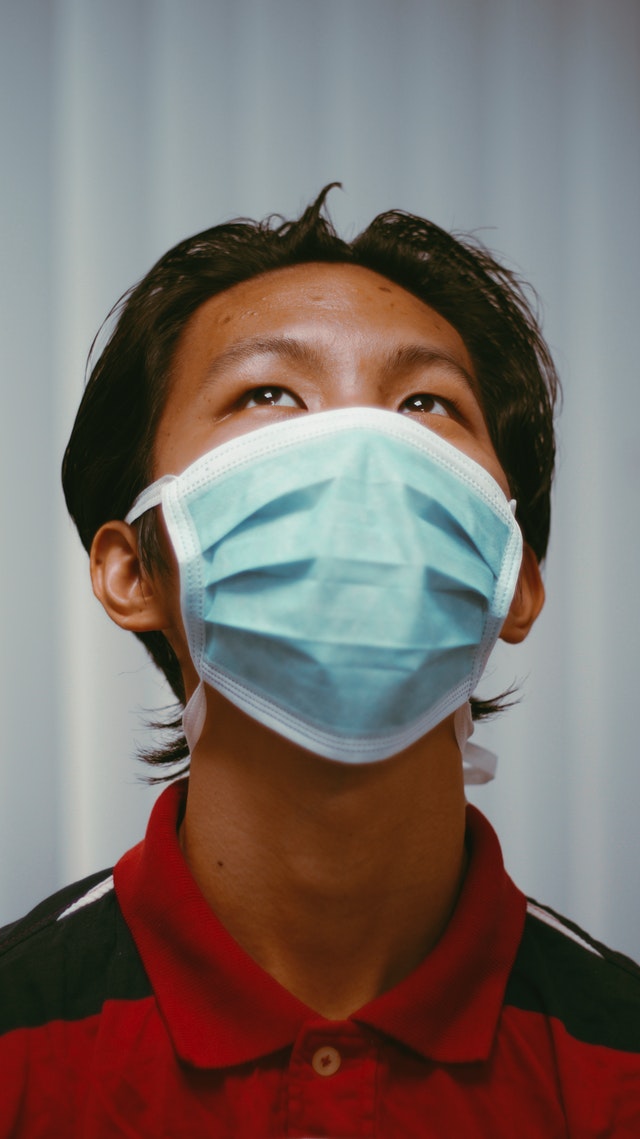
If the congregational prayer is suspended, the rulings of the day of Friday are still applicable. So, it is legislated that for the Fajr prayer surah As-Sajdah and surah Al-Insan are to be read, and supplication in the last hour after Asr should be made. Also, frequent salutations should be sent to the Prophet ﷺ during the day. Reading surah Al-Kahf should also be read. The general rule is that these rulings are still legislated and do not follow the prayer.
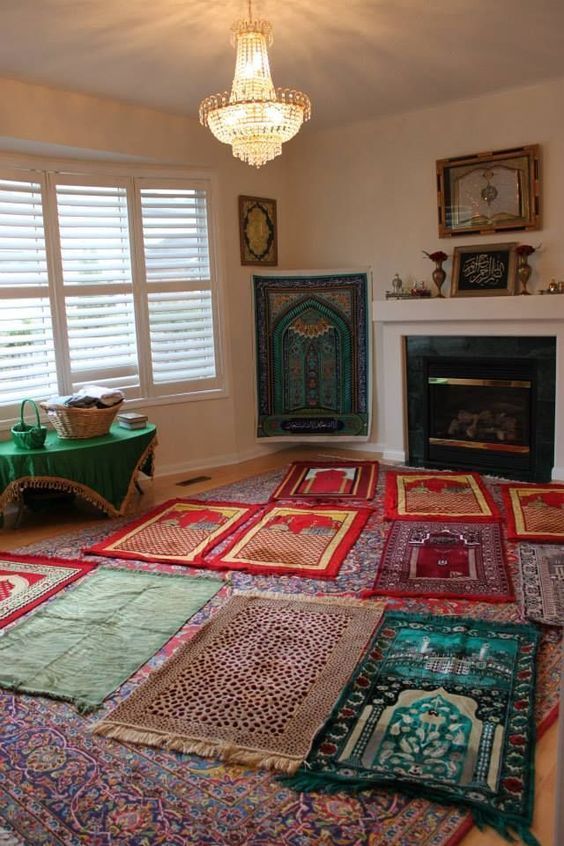
Shaking hands is from the Sunnah. The Prophet ﷺ said: «Two Muslims will not meet and shake hands having their sins forgiven them before they separate.» (Abu Dawud:5212). So if a Mualim fears contracting an infectious disease from shaking hands, then it is enough for him to say the greeting, and it is hoped that he is rewarded the same as if he shook hands, by Allah's permission.



